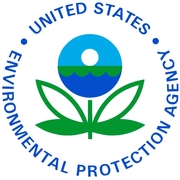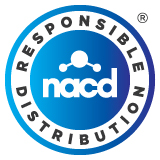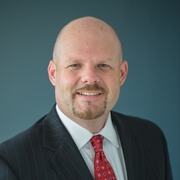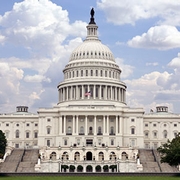
Recently, the U.S. Environmental Protection Agency (EPA) announced a new policy that requires all 10 regional offices to secure approval from headquarters before initiating contact with companies that could be subject to enforcement action for a potential violation. When learning about this development, my initial reaction was why this hasn’t been the case all along? One of the biggest issues with government bureaucracy is that there are simply too many layers of red tape leading to regulatory inaction.

Not long ago, having more than 100 people attend a Responsible Distribution workshop was a lofty goal. What started out as very small meetings has now blossomed into large, multi-speaker workshops boasting triple digit attendance year over year. We’ve truly found the best way to reach the practitioners and advocates of Responsible Distribution, the leading management system in the chemical distribution industry, is to bring them together all in one place.

There is no question that the first five months of the Trump administration with a Republican majority in both the U.S. House of Representatives and the U.S. Senate has not turned out the way most people thought it would. Over the last several weeks, and during visits with NACD members at industry events and regional meetings, the number one question I receive is “What the heck is going on in Washington?” As with everything in DC, the answer is complicated.

Almost one year ago, the only environmental law to be enacted in the Obama administration passed with overwhelming bipartisan support. The Frank R. Lautenberg Chemical Safety for the 21st Century Act (now commonly called LCSA) was signed on June 22, 2016 and revised its predecessor, the Toxic Substances Control Act. LCSA in fact gave greater power to the Environmental Protection Agency (EPA) to act against high-risk chemicals and allowed for further manufacturer certainty when interacting with the agency.

For a long time, healthcare has been and continues to be an issue that has real and lasting implications for Americans across the country. While many smart people are working around the clock to come up with a solution that works for all Americans, finding that solution isn’t easy. Given the persistent quagmire in Washington these days, I believe it’s time we forge our own path to solve the healthcare problem facing our industry.

Transportation infrastructure is the lifeblood of our economy. Unfortunately, that lifeblood has been ignored over recent years and has been allowed to become anemic, threatening the veins and arteries that feed our very economy. As Infrastructure Week kicks off in earnest next week, we are reminded of how important our roads, bridges, airports, and seaports are to growing the US economy and ensuring we continue being a global economic powerhouse.

The logistics of shipping chemicals often comes with it’s own unique set of challenges. Ensuring the standards of safety and proper protocol falls to the National Association of Chemical Distributors who works with supply-chain partners across the globe to realize their mission to enhance and communicate the professionalism and stewardship of the chemical distribution industry.

One of the many functions of trade associations like NACD is to advocate for the industry we represent in front of lawmakers and regulators. Oftentimes, the priorities of different industries are at odds with one another making the advocacy process difficult and slow. But, this year two issues stand out to NACD that have broad support among a number of industries – association health plans and regulatory reform. Asking Congress to address these two issues through your own personal advocacy efforts can make a major impact.

Last week, President Trump offered his FY 2018 budget submission to Congress for its consideration. While I applaud the president for attempting to trim this country’s ballooning fiscal footprint, his proposal takes whacks at several programs important to NACD members, most importantly the potential shuttering of the U.S. Chemical Safety Board (CSB).

Losing your biggest account. It’s something no organization wants to think about, least of all small companies and start-ups … perhaps to the degree that they literally don’t think about it and are floored when it happens. To vendors that depend on a few key accounts for survival, it seems like a no brainer to say, “Be prepared.” The fact is, though, things happen beyond our control.